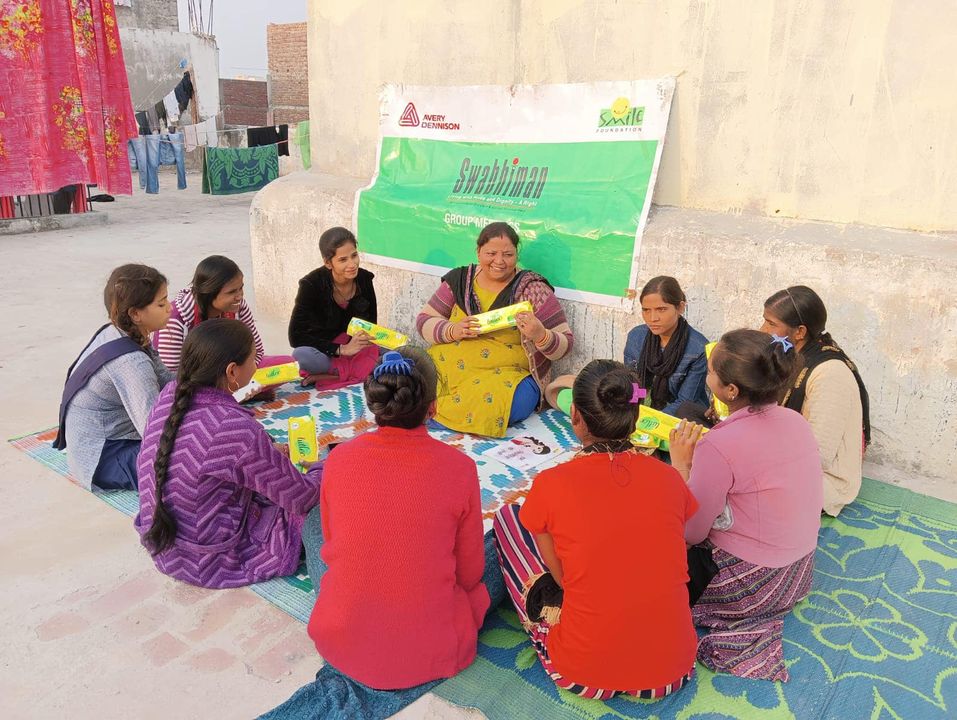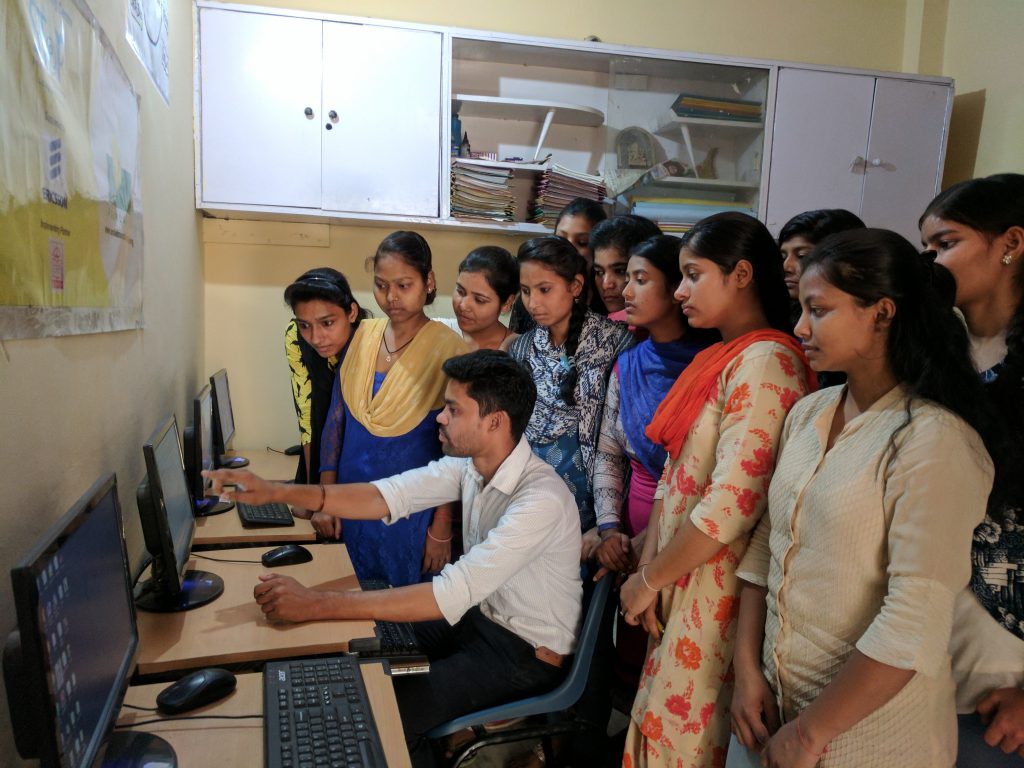In development work, the role of community mobilizers emerges as a linchpin that holds the potential to catalyze transformative change. These unsung heroes play a pivotal role in connecting organizations with the communities they serve, fostering collaboration, and empowering individuals to be architects of their development. In the context of India, where diverse communities grapple with multifaceted challenges, the importance of community mobilizers takes on a special significance.
Understanding the Role of Community Mobilizers
At its core, community mobilization is a participatory process that involves engaging and empowering communities to identify and address their unique challenges. Community mobilizers act as catalysts in this process, bridging the gap between the nonprofit sector and the grassroots. They are the conduits through which initiatives are communicated, trust is built, and local wisdom is harnessed for sustainable development.
Key Functions of Community Mobilizers
- Building Trust and Relationships: Community mobilizers serve as the face of nonprofits in the field, cultivating trust and building relationships with local communities. Their ability to connect on a personal level is the foundation for successful engagement.
- Needs Assessment and Resource Identification: Mobilizers are instrumental in conducting needs assessments within communities, identifying resources, strengths, and challenges. This firsthand knowledge is invaluable in tailoring interventions to suit the specific needs of the community.
- Facilitating Communication: Effective communication is a linchpin for successful community engagement. Mobilizers facilitate two-way communication between communities and nonprofits, ensuring that voices are heard, concerns are addressed, and solutions are co-created.
- Capacity Building and Empowerment: Mobilizers empower community members by facilitating skill-building workshops, education programs, and awareness campaigns. They enhance the community’s capacity to address issues independently, fostering sustainable development.
- Advocacy and Social Change: Mobilizers are advocates for social change. They work to raise awareness about social issues, challenge harmful norms, and mobilize communities for collective action toward positive transformation.
Examples of notable Community Mobilization in India
- Kudumbashree- Kerala: Kudumbashree, a community-based women’s empowerment program in Kerala, India, utilizes the power of community mobilization. Through local self-help groups, women are mobilized to address issues such as poverty, health, and education. These women become change agents within their communities, leading initiatives for economic development and social progress.
- Self-Employed Women’s Association (SEWA)- Gujarat: SEWA, a trade union based in Gujarat, has been instrumental in mobilizing women in the informal sector. By organizing women workers into cooperatives and providing them with the tools to advocate for their rights, SEWA has created a grassroots movement that empowers women economically and socially.
Significance in the Development Sector
The development sector thrives on its ability to create meaningful, sustainable change. Community mobilizers are the conduits through which this change becomes a reality. Their significance lies in their ability to:
- Ensure Cultural Sensitivity: Mobilizers, often from the communities they serve, bring cultural sensitivity and contextual understanding to nonprofit interventions.
- Enhance Program Effectiveness: By actively involving community members in decision-making processes, mobilizers ensure that programs are tailored to local needs, thereby enhancing their effectiveness.
- Promote Ownership and Sustainability: Community mobilization fosters a sense of ownership among community members, making interventions more sustainable in the long run.
- Create Lasting Impact: Mobilizers are instrumental in creating lasting impact by instilling a sense of agency within communities. Empowered communities are better equipped to navigate challenges and contribute to their development.
In conclusion, community mobilizers are the architects of change, working tirelessly to bridge the gap between vision and implementation in the development sector. Their role goes beyond facilitation; it encompasses empowerment, advocacy, and the cultivation of a spirit of community that propels sustainable development. As we acknowledge the importance of community mobilizers, we recognize the profound impact they have in sculpting a future where communities are active participants in their progress.









